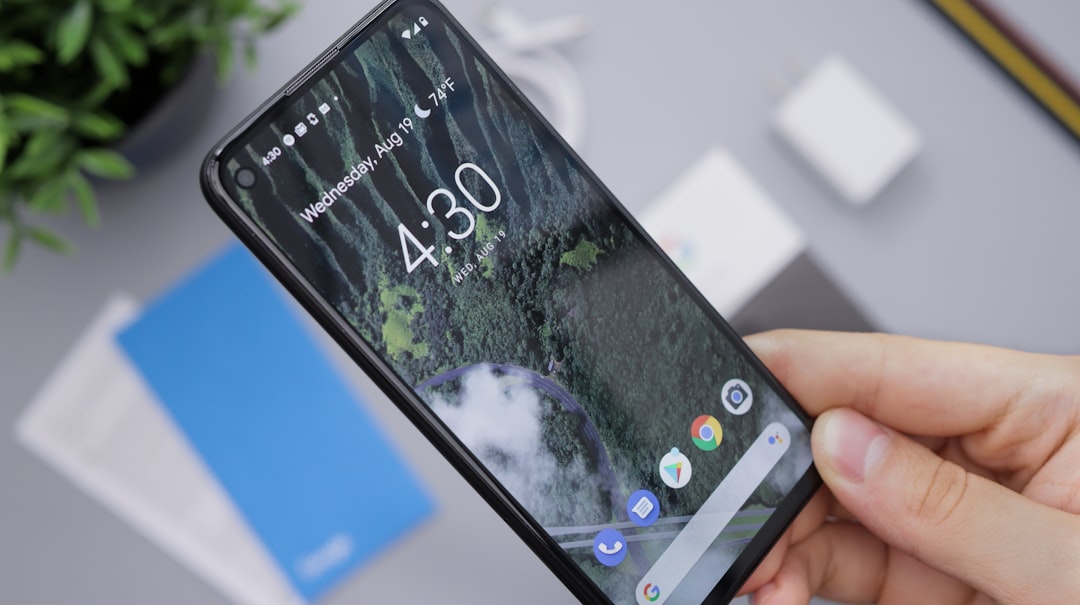Home improvement companies in Martinsburg, West Virginia, face a complex regulatory landscape involving building permits, zoning, safety standards, and the state's Do-Not-Call List for home services. To avoid legal issues, fines, and damage to their reputation, businesses must consult industry experts familiar with local laws, ensure compliance with licensing and permitting requirements, follow consumer protection guidelines, prioritize exceptional customer service, and maintain transparent communication. By adhering to these practices, companies can stay compliant, build a solid reputation, and avoid the need for legal representation from Do not call lawyers West Virginia or other law firms in WV.
In Martinsburg, home improvement companies must navigate a landscape of local regulations to thrive. This comprehensive guide delves into the essential aspects of operating within these constraints, from understanding complex rules to ensuring compliance with West Virginia’s strict do-not-call laws represented by both legal firms and individual attorneys. By exploring licensing requirements, consumer protection laws, and best practices, this article equips businesses with knowledge to build a reputable and legally sound operation in the WV market.
Understanding Local Regulations: A Guide for Home Improvement Companies in Martinsburg
In Martinsburg, West Virginia, home improvement companies must navigate a landscape of local regulations to ensure compliance and maintain a positive reputation. Understanding these rules is crucial for any business aiming to thrive in this competitive market. Failure to adhere to local codes can result in hefty fines and legal issues, which can be avoided by seeking guidance from industry experts or consultants familiar with West Virginia’s specific requirements.
The city of Martinsburg has established guidelines covering various aspects of home improvement projects, including building permits, zoning regulations, and safety standards. Companies must obtain the necessary licenses to operate legally and ensure their work meets these standards. By staying informed about local laws and collaborating with professionals who understand them, home improvement companies can confidently navigate this process, ensuring their operations are in compliance and customer satisfaction remains a top priority.
Avoiding Legal Pitfalls: West Virginia's Do-Not-Call List for Home Services
In the competitive home improvement industry, companies must stay vigilant to avoid legal pitfalls that can harm their reputation and bottom line. One significant aspect to navigate is West Virginia’s Do-Not-Call List for home services, designed to protect consumers from persistent sales calls. This list includes both residential and commercial numbers, and violators face potential penalties and lawsuits.
Companies operating in Martinsburg or across West Virginia must ensure they respect this law. Using a do-not-call lawyer or attorney from a reputable West Virginia law firm is advisable for businesses to stay compliant. These legal professionals can provide guidance on best practices for marketing and sales calls, helping home improvement companies avoid unwanted legal actions from consumers who may feel harassed by unsolicited calls.
Licensing and Permits: What Every Home Improvement Contractor Needs to Know
In Martinsburg, home improvement contractors must adhere to stringent licensing and permitting regulations to operate legally. Before beginning any construction or renovation project, contractors are required to obtain specific licenses from local authorities. These licenses ensure that businesses meet safety standards and have the necessary expertise to complete projects competently. The process typically involves submitting an application, providing proof of insurance, and undergoing a background check. Failure to comply with licensing requirements can lead to legal repercussions, including fines and project halt orders.
Permits are another crucial aspect of home improvement in Martinsburg. Depending on the scope of the project, contractors may need various permits, such as building permits, electrical permits, or plumbing permits. These permits authorize specific types of work and ensure that projects adhere to local codes and regulations. It’s essential for contractors to familiarize themselves with the permitting process, as incorrect or incomplete permit applications can cause delays and additional costs.
Consumer Protection Laws: Rights and Responsibilities for Both Contractors and Clients
In Martinsburg and throughout West Virginia, both contractors and clients have specific rights and responsibilities under consumer protection laws. These regulations are designed to ensure fair practices in home improvement projects, protecting consumers from unscrupulous contractors while promoting ethical business conduct. When engaging with a home improvement company, it’s crucial for clients to be aware of their legal protections, including the right to receive clear, accurate information about project costs, timelines, and materials used.
West Virginia law also mandates that contractors provide written contracts detailing all aspects of the work, ensuring transparency and minimizing potential disputes. Clients should carefully review these agreements, understanding their obligations as well as the contractor’s. This proactive approach can help prevent issues such as unexpected charges or incomplete work. Remember, while you might consider reaching out to a lawyer in West Virginia if you face significant problems, proactive knowledge of your rights and responsibilities is the best defense against potential conflicts.
Building a Reputable Business: Best Practices for Home Improvement Companies in WV
Building a strong reputation is paramount for home improvement companies in Martinsburg and across West Virginia (WV). To establish themselves as reliable and trustworthy, businesses should focus on delivering exceptional customer service and high-quality workmanship. This includes clear communication with clients, respecting their timelines and budgets, and ensuring projects are completed to industry standards and local regulations.
Best practices also involve fostering transparent relationships, obtaining necessary permits, and adhering to safety protocols. By prioritizing these measures, home improvement companies can foster a positive image, attract more clients, and avoid legal pitfalls—eliminating the need for any lawyer or law firm in WV for reputational issues.






